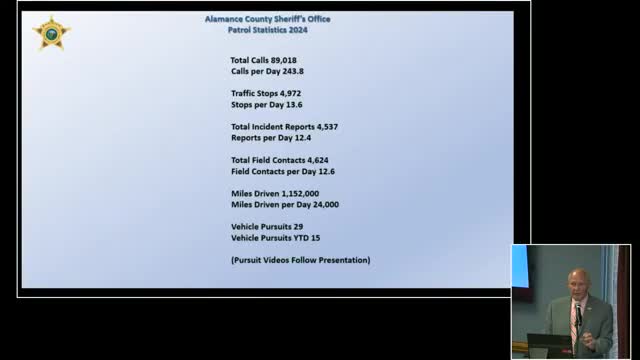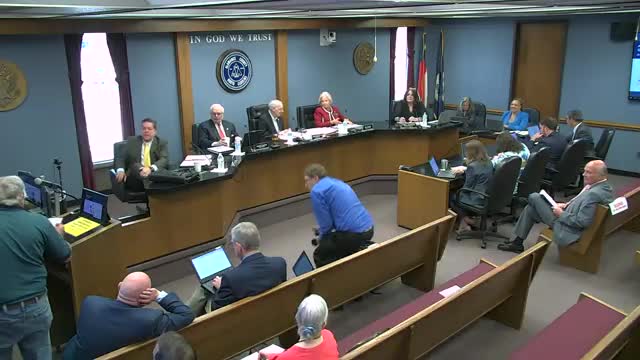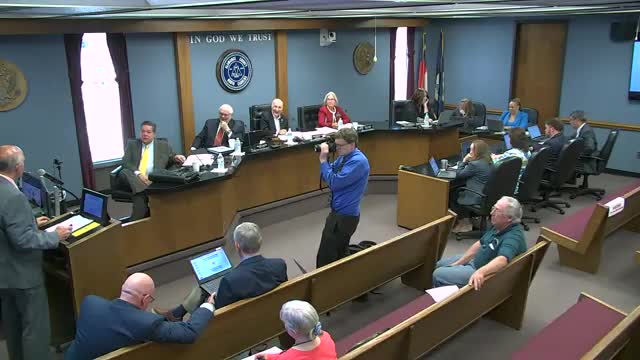Article not found
This article is no longer available. But don't worry—we've gathered other articles that discuss the same topic.

Commissioners direct staff to review county‑funded trainings and library funding amid budget planning

Resident questions $330,000 courthouse change order; county staff say it is covered by $37 million contract

